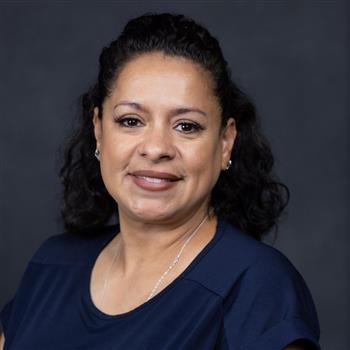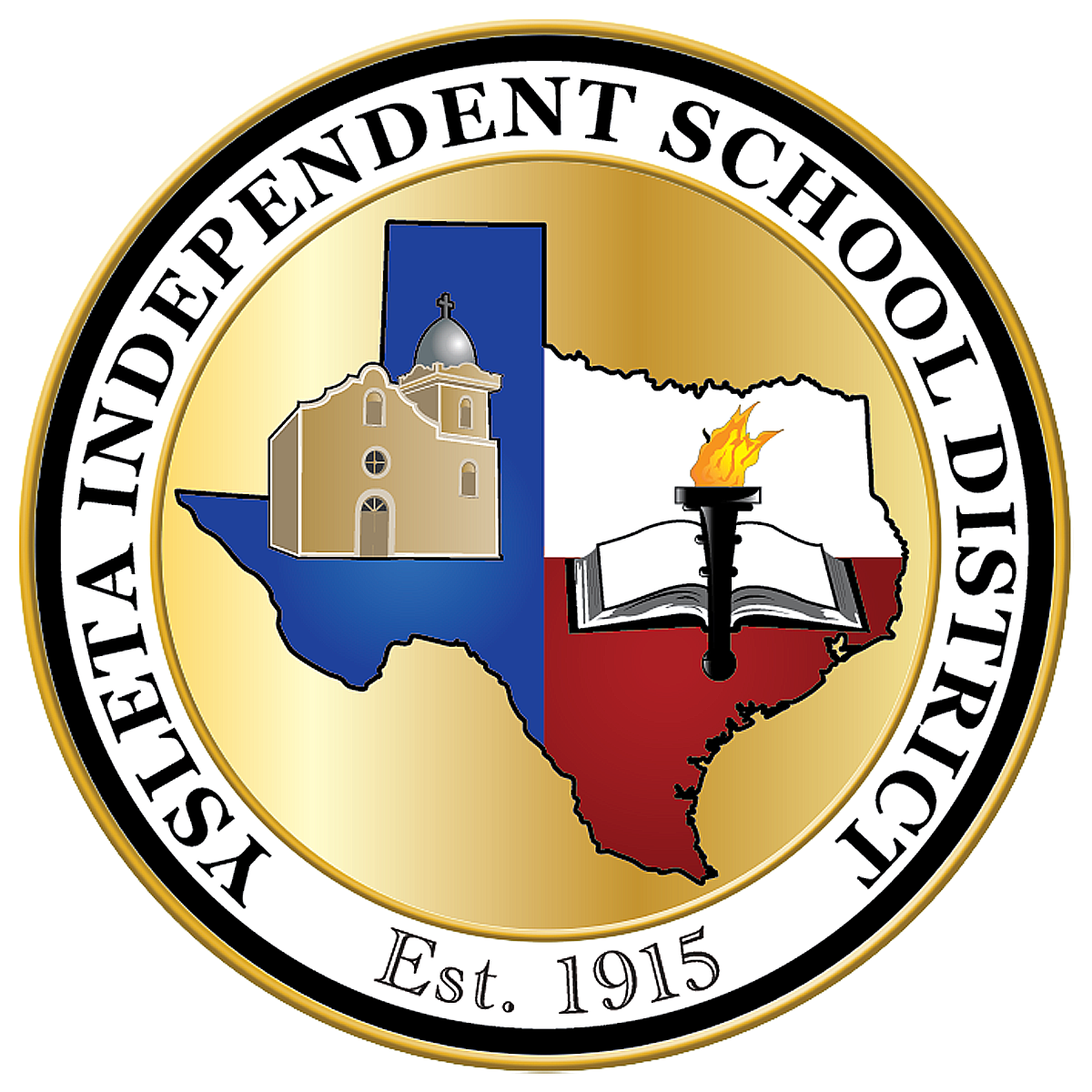Phone 915-434-6603
Welcome to the School Counseling
Vision
The vision statement of Parkland Area schools counseling department is guided by our commitment and collaboration to provide a safe, nurturing environment where the entire learning community addresses the developmental needs of all students ( PK-12) . We will ensure that all students will develop into productive , resilient,ethical and contributing members of society with the knowledge to understand that post-secondary education is necessary for life long learning.
Mission
The mission statement of Parkland Elementary’s counseling program is to provide all students a proactive, comprehensive and developmentally appropriate program that addresses all students’ academic, social-emotional needs and prepares our students to be college career or military ready. This is accomplished through a partnership with all stakeholders and community members to enable all students to become successful, productive and lifelong learners.

Ms. Deborah Valdez-Gomez
Role of a School Counselor
The role of a school counselor, as outlined by the ASCA (American School Counselor Association) national model, encompasses various responsibilities to support students' academic, social, and emotional development. Here's a summary with bulleted points:
Academic Guidance:
Assist students in developing academic goals and plans.
Guide course selection and career pathways.
Monitor and address academic progress and challenges.
Social-Emotional Support:
Foster a positive school environment conducive to emotional well-being.
Offer counseling services to address students' social and emotional concerns.
Promote interpersonal skills and conflict resolution.
Career Development:
Facilitate exploration of career options and interests.
Provide information on post-secondary education and career pathways.
Assist in developing career-related skills and goals.
Individual and Group Counseling:
Conduct one-on-one counseling sessions to address personal challenges.
Facilitate group counseling sessions for specific issues or concerns.
Implement interventions to enhance students' social skills.
Advocacy and Collaboration:
Advocate for students' needs within the school community.
Collaborate with teachers, parents, and administrators to support student success.
Play a key role in creating a positive and inclusive school culture.
Crisis Intervention:
Provide immediate support and intervention during crises.
Collaborate with relevant stakeholders to address emergencies.
Implement strategies to help students cope with traumatic events.
Data Analysis and Assessment:
Utilize data to assess the effectiveness of counseling programs.
Analyze academic and behavioral trends to inform decision-making.
Continuously evaluate and improve counseling services based on outcomes.
